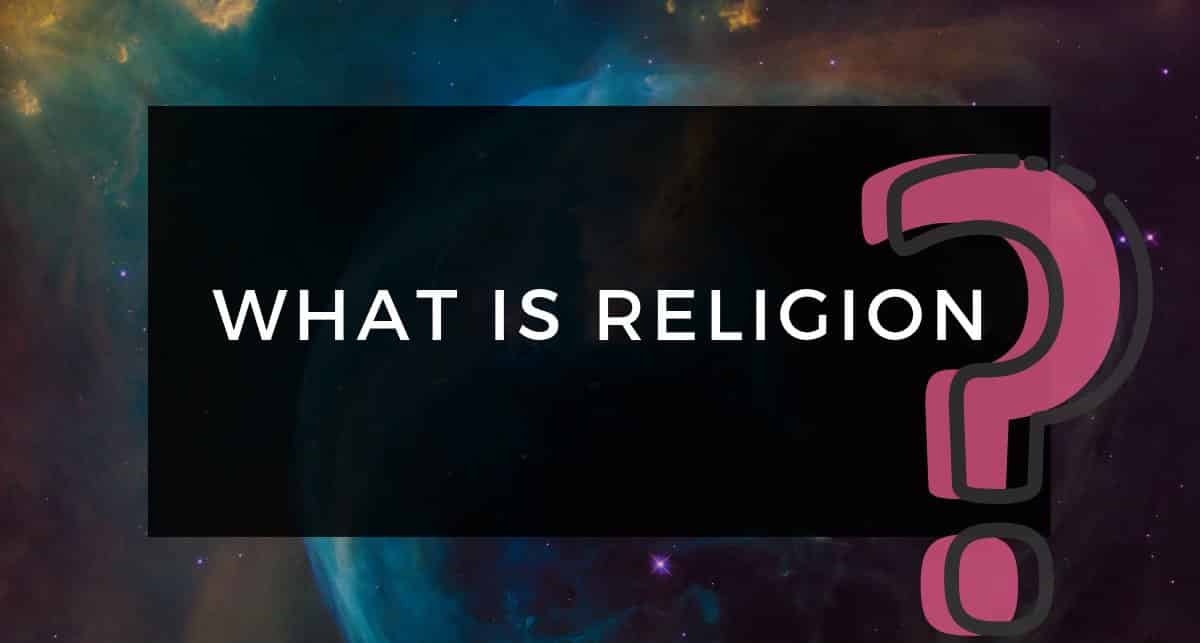The quest for understanding the essence of religion is perennial, captivating the minds and hearts of billions across epochs and cultures. The Bahá’í teachings offer a profound exploration into the nature of religion, postulating that it is not merely a collection of rituals or dogmas but a dynamic force intended to foster unity, promote moral development, and facilitate the progression of civilization.
At its core, Bahá’í thought presents religion as an evolutionary phenomenon. This perspective begins with the assertion that religion is the ultimate source of individual and collective transformation. The Bahá’í writings articulate that the essence of religion is not static; rather, it is a series of progressive revelations from God, manifested through a succession of divine educators known as Manifestations of God. Each of these Manifestations—such as Moses, Jesus, Muhammad, and Bahá’u’lláh—has brought forth teachings that are relevant and necessary for the spiritual and social conditions of their respective times.
The fascinating attribute of the Bahá’í philosophy is its acknowledgment of the underlying unity of all religions. This principle is encapsulated in the notion that all former prophets are not distinct entities with conflicting messages, but rather spokespeople of the same divine source, each contributing a chapter to the ever-unfolding narrative of humanity’s spiritual journey. This articulates a compelling rationale for the practice of tolerance and the promotion of interfaith dialogue, essential in an era marked by divisiveness and misunderstanding.
One vivid example of this unity is the concept of essential truths or ‘perennial wisdom’ that transcends religious boundaries. The Bahá’í teachings emphasize core ethical principles common to all religions: love, justice, mercy, and compassion. These tenets serve not merely as moral imperatives but as universal guidelines that enable diverse cultures to coexist harmoniously. The Bahá’í Faith advocates that the recognition of these shared values can mitigate conflict and foster a global society marked by peace and cooperation.
However, the implications of this vision extend beyond mere coexistence; they beckon humanity towards a unified global community. Bahá’ís contend that the advancement of civilization is predicated on the recognition that humanity is a single integrated entity. This notion of oneness prompts an ethical imperative for collaborative effort in addressing global challenges such as poverty, environmental degradation, and social injustice. Herein lies a critical insight: the responsibility of individuals transcends national boundaries, invoking a collective consciousness driven by a commitment to the betterment of all.
The challenge arises with the misconception that religion is a divisive element, a notion exacerbated by historical conflicts ostensibly rooted in religious differences. The Bahá’í perspective dissects this fallacy by underscoring that the true purpose of religion is to cultivate peace and harmony. When misinterpreted or distorted, the teachings of any faith can lead to discord; hence, the imperative to cultivate a discerning understanding of religious tenets is pronounced. Through the lens of Bahá’í teachings, the focus shifts from dogmatic adherence to a transcendent recognition of the essence of spirituality.
The notion of personal spiritual development is central to the Bahá’í understanding of religion. It posits that genuine adherence to spiritual teachings results in tangible transformations within individuals, leading them to embody values such as integrity, generosity, and humility. This intrinsic transformation is not only beneficial for the individual but reverberates outward, positively affecting society at large. In this light, the role of education becomes pivotal. Bahá’í teachings advocate for the universal right to education, as enlightenment is seen as a prerequisite for both personal growth and societal progress.
Moreover, Bahá’í writings accentuate the complementary relationship between science and religion. This relationship is envisaged as two wings of the same bird, each necessary for the elevation of humanity. Science provides empirical understanding and material progress, while religion imparts moral guidance and purpose. In modern discourse, fostering a rapport between these domains is critical; neglecting either leads to imbalances that can hinder spiritual and scientific advancements alike.
The Bahá’í Faith also introduces the concept of “progressive revelation,” which suggests that the truths revealed by God are tailored to the evolving needs of humanity. This principle calls for a reevaluation of religious doctrines and traditions in light of contemporary realities, urging adherents to adapt and reinterpret teachings as society progresses. This does not imply the abandonment of core beliefs but rather an enriched understanding that resonates with modern sensibilities.
In conclusion, the Bahá’í view on the real meaning of religion transcends simplistic interpretations. It envisions religion as a guiding framework, instilling values that are essential for personal growth and societal harmony. By championing the principles of unity, education, and the delicate interplay between science and spirituality, the Bahá’í teachings provide a pathway towards understanding the integral role of religion in fostering a compassionate and just world. In an age marked by polarization, this perspective is not merely beneficial—it is imperative for the global community to embrace the transformative power of religion as a force for good. The invitation is one of awakening, urging all individuals to explore the deeper meanings of their spiritual convictions and to engage in the ceaseless quest for truth.
